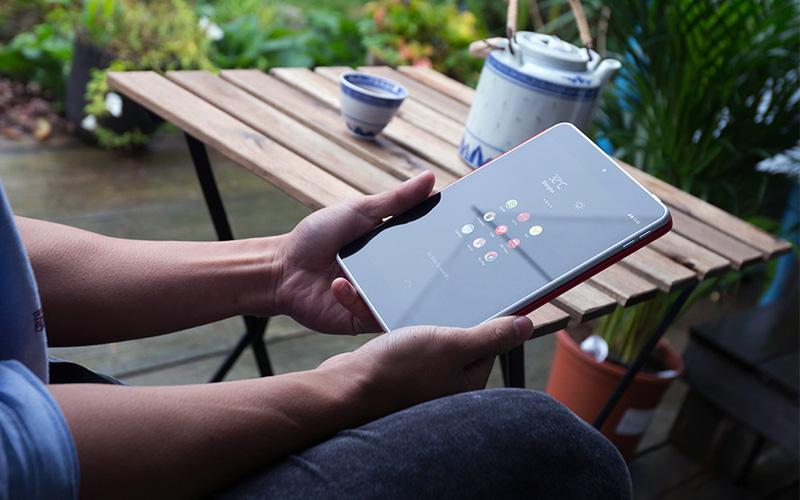-
Trial on Sonera’s commercial network demonstrates huge potential of 4G using NB-IoT technology to support billions of IoT-connected devices
-
World’s first connection of a roaming device over a commercial network using NB-IoT
-
Data transferred from devices using Sonera’s 4G commercial network in the 800 Mhz frequency band to maximize coverage and device support
-
Trial reaffirms Nokia’s leadership in developing technology to support IoT and the programmable world
Espoo, Finland – Nokia conducted a trial using NB-IoT (Narrowband Internet of Things) technology on Finnish operator Sonera’s commercial 4G network to accelerate the creation of an IoT ecosystem, and provide support for the ever-growing number of IoT-connected devices.
Today’s 4G LTE networks are optimized for Internet connectivity and video streaming to smartphones, tablets and other portable devices. In the IoT world, networks will need to support billions of remote machines requiring instant connectivity to record and share data for industries such as healthcare, energy, manufacturing, agriculture and transportation. NB-IoT technology is designed to meet these demands, providing the capacity, network reliability and security enabled by commercial mobile networks together with deep indoor coverage and low power consumption, to prolong device battery life to up to 10 years and optimize maintenance costs.
During the trial, Nokia implemented NB-IoT technology to communicate information on temperature, humidity and air pressure over Sonera’s commercial 4G network in the Finnish capital, Helsinki. The companies also connected a roaming device over the commercial network using NB-IoT technology. This world’s first demonstration shows how NB-IoT technology will allow companies to track their mobile assets – for example large maintenance firms such as electricians or plumbers with fleets of vehicles or healthcare providers tracking the status of patients outside of a hospital.
The network used Nokia base station technology operating in the 800 Mhz frequency band to maximize coverage and connect to devices in harder to reach locations. The trial saw speeds of up to 200 kbps, showing how the technology can meet the demands of a growing number of devices requiring short burst of network connectivity to transmit small amounts of data and enable the growth of the programmable world.
CTO Jari Collin of Sonera, said: “In Finland, we have a long tradition of developing and applying new technologies. The trial shows how the use of today’s mobile technology will fuel the continued growth of the IoT ecosystem to transform every aspect of our customers’ business and personal lives.”
Adolfo Masini, head of IoT connectivity at Nokia, said: “Support for the programmable world, in which billions of people, devices and things are connected via high-capacity networks, is the cornerstone of Nokia’s strategy. Our strengths in networks, cloud, applications, analytics and security, and our 5G leadership, make Nokia the most qualified to deliver the full potential of IoT. Nokia is constantly developing innovative technologies that allow our customers to evolve their offerings. This trial will lay the foundation for an IoT ecosystem in Finland, and allow Sonera to exploit the massive opportunities that it brings.”
Did you know
-
NB-IoT is a 3GPP Rel. 13 radio access technology designed especially for enabling cellular connectivity to Internet of Things devices. The enhanced coverage of NB-IoT compared to conventional LTE will allow for the tracking of objects deep within buildings and in rural areas.
-
NB-IoT will co-exist with operators’ existing networks to benefit from mobile security and privacy features. All major network infrastructure, component and device manufacturers support the standard.
-
Nokia has defined a path to 5G that allows operators to take advantage of major increases in speed and capacity where and when they need it using 4.5G, 4.5G Pro and 4.9G technologies.



















